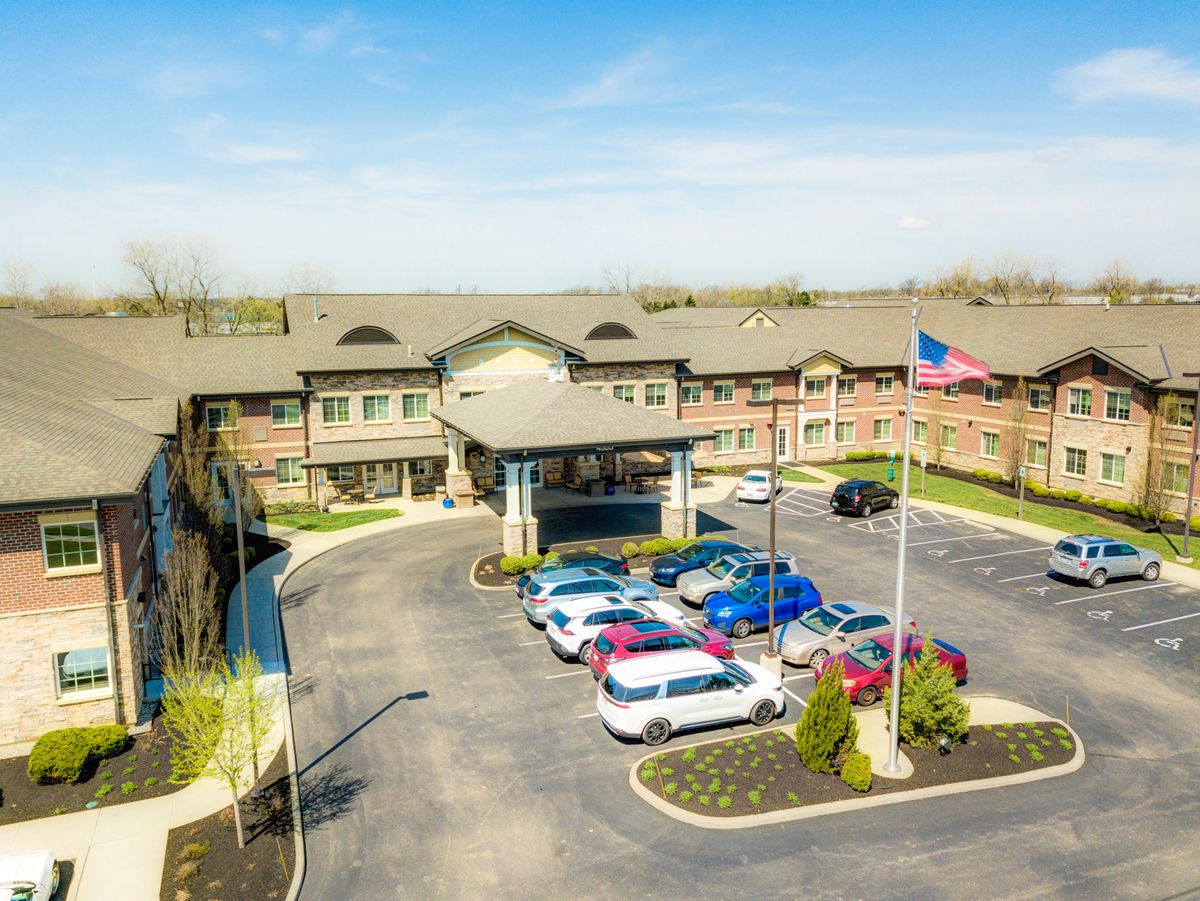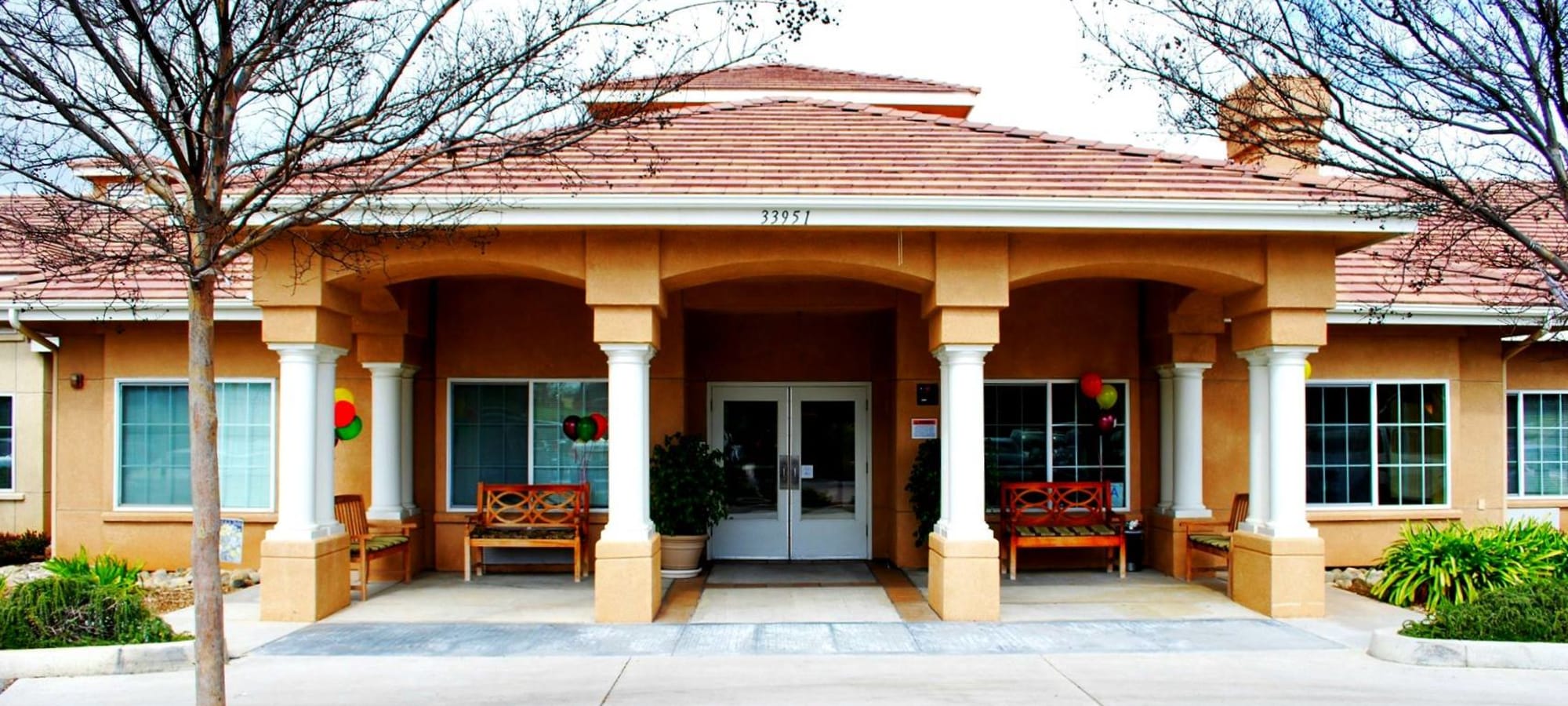Discover Charlotte Memory Care: Committed to Elder Health And Wellness and Health
Discover Charlotte Memory Care: Committed to Elder Health And Wellness and Health
Blog Article
Developing a Safe and Helpful Environment: In-Home Memory Treatment Essentials
Developing a protected and caring setting for individuals calling for in-home memory treatment is critical to their health and lifestyle. From ensuring security within the home to using effective interaction techniques and carrying out memory-friendly style elements, there are necessary components that add to a holistic care strategy. By concentrating on developing a supportive environment that satisfies the distinct demands of those with memory disabilities, caretakers can significantly improve the day-to-day experiences of their loved ones.

Safe Living Environment
Producing a safe and hazard-free living environment is vital when giving in-home memory care for people with cognitive problems. Ensuring the safety of the individual with memory loss is essential to protect against mishaps and advertise a sense of health.
Additionally, it is important to set up security features such as grab bars in restrooms and handrails along staircases to offer support and stop mishaps. Additionally, using modern technology such as activity sensing units and alarms can alert caretakers if the individual wanders or remains in distress. Developing a safe living environment likewise entails executing strategies to stop wandering, such as using door alarms or locks to restrict access to harmful areas. By focusing on safety procedures and eliminating possible risks, caregivers can provide a encouraging and safe and secure environment for individuals with cognitive impairments getting at home memory treatment.
Effective Interaction Strategies
Carrying out customized communication methods is important in cultivating meaningful interactions with people with cognitive impairments in the context of in-home memory treatment. Effective interaction plays an essential function in developing a supportive atmosphere that boosts the well-being and quality of life for people with memory concerns. When connecting with someone experiencing cognitive decline, it is very important to make use of easy and clear language, keep a tranquility and favorable tone, and provide visual hints to help understanding.
One trick approach is to practice active listening, showing empathy, patience, and respect during conversations. Non-verbal cues such as facial expressions and body language can likewise assist communicate understanding and assistance. In addition, making use of memory treatment by making use of or reviewing previous experiences songs and art can take advantage of lasting memories, promoting and stimulating connections engagement.
Moreover, incorporating regular regimens and consistent interaction patterns can supply a sense of familiarity and safety and security for individuals with memory impairments. By implementing these interaction approaches, caretakers can establish meaningful links and advertise a sense of comfort and trust in the at home memory treatment setting.
Memory-Friendly Design
Offered the significance of developing an encouraging setting for people with memory concerns with effective interaction approaches, the consolidation of memory-friendly layout components in the living area becomes important in optimizing their day-to-day experiences and general health. Memory-friendly style concentrates on boosting security, convenience, and self-reliance for individuals with cognitive disabilities. Simple alterations can make a considerable distinction, such as utilizing contrasting shades to enhance visibility and minimize complication, integrating clear signs to help navigating, and reducing mess to stop sensory overload.
Including familiar components from the individual's past, such as individual pictures or favored items, can evoke positive memories and develop a sense of experience. In addition, guaranteeing appropriate lighting levels, setting up grab bars in bathrooms, and executing non-slip floor covering can help avoid drops and injuries. Developing a calming and calming atmosphere with making use of familiar scents, soft structures, and calm sounds can additionally advertise leisure and reduce anxiety. By integrating these memory-friendly style components, caretakers can provide a helpful and secure space that enables individuals with memory issues to maintain their self-reliance and high quality of life.
Daily Regimen Preparation
When creating an everyday regimen for individuals with memory issues, cautious planning is crucial to support their cognitive feature and overall health. Establishing an organized schedule can aid decrease disorientation, anxiety, and complication usually experienced by those with memory impairments.
Flexibility is essential, as some days may require modifications based on the individual's mood and energy levels. Routinely assessing and adapting the daily schedule will certainly aid guarantee its performance in advertising a reassuring and positive environment for people with memory obstacles.
Support Group Application
Establishing a robust network of encouraging people plays an essential duty in improving the high quality of care and health for people needing memory support. Relative, close friends, medical care experts, Read Full Article and community sources can all add to producing a strong assistance system. Communication among these people is necessary to make sure that the needs of the private with memory obstacles are met properly.
Household members are often the main caregivers and develop the backbone of the support group. They provide everyday care, emotional assistance, and companionship. When required to prevent exhaustion and make certain the best feasible treatment for their loved one., it is important for household members to seek help and reprieve.
In addition to household assistance, involving healthcare experts such as nurses, doctors, and therapists can give customized care more helpful hints and guidance. These professionals can provide valuable insights, medical guidance, and support in handling the person's problem.

Final Thought
In final thought, producing a helpful and safe environment for individuals with memory treatment needs is essential for their health. By establishing a risk-free living atmosphere, utilizing reliable communication strategies, including memory-friendly style components, preparing day-to-day routines, and carrying out a solid assistance system, caregivers can assist improve the lifestyle for those with memory loss. These essential parts work together to develop a nurturing and empowering atmosphere that promotes freedom and enhances general lifestyle.
Developing a safe and secure and hazard-free living setting is vital when offering at home memory care for individuals with cognitive problems. By prioritizing security actions and why not try here removing prospective dangers, caregivers can give a helpful and safe atmosphere for people with cognitive problems receiving at home memory treatment.
Developing a robust network of supportive individuals plays a crucial duty in boosting the top quality of treatment and wellness for people calling for memory support - Charlotte Memory Care. Interaction among these individuals is necessary to guarantee that the demands of the private with memory challenges are met successfully

Report this page